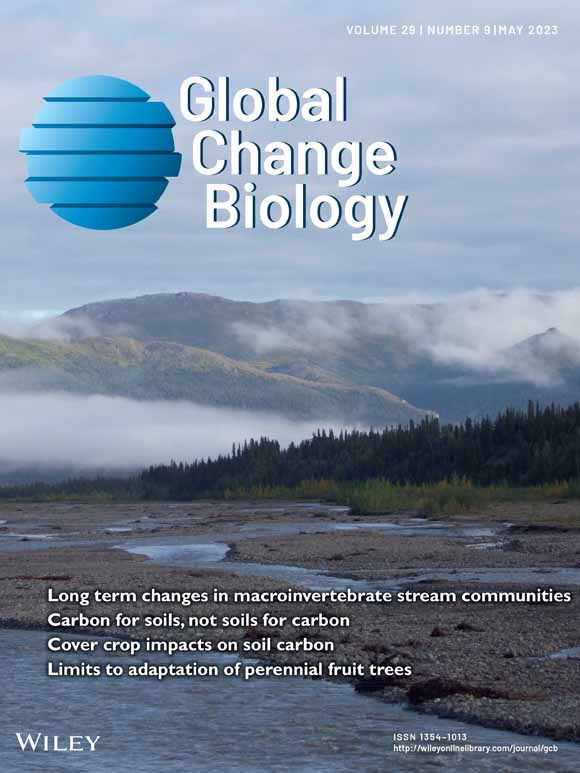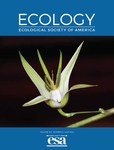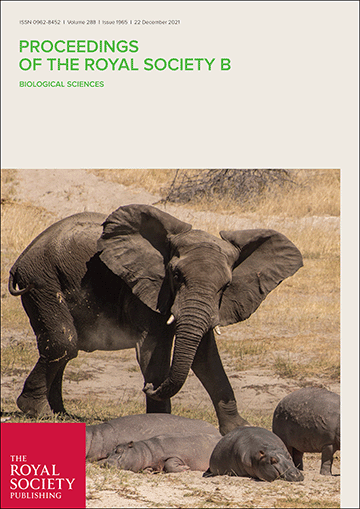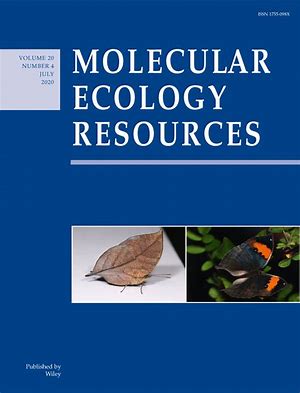- Department:(Dept. 5) Evolutionary and Integrative Ecology
Eco-phenotypic feedback loops differ in multistressor environments
The authors investigated how density-trait feedback loops of two ciliate species differed along a temperature and salinity gradient. They found that stressful environments decouple the density-trait feedback loop of two ciliate species.
Rapid growth and the evolution of complete metamorphosis in insects
Insects undergo complete metamorphosis, rebuilding their bodies, such as the transition from caterpillar to chrysalis to butterfly. The authors wondered why this extreme lifestyle might have evolved. Combining growth data and mathematical modelling, they found that insects grow much faster if they can grow and build the adult body in two separate stages, rather than doing both continuously.
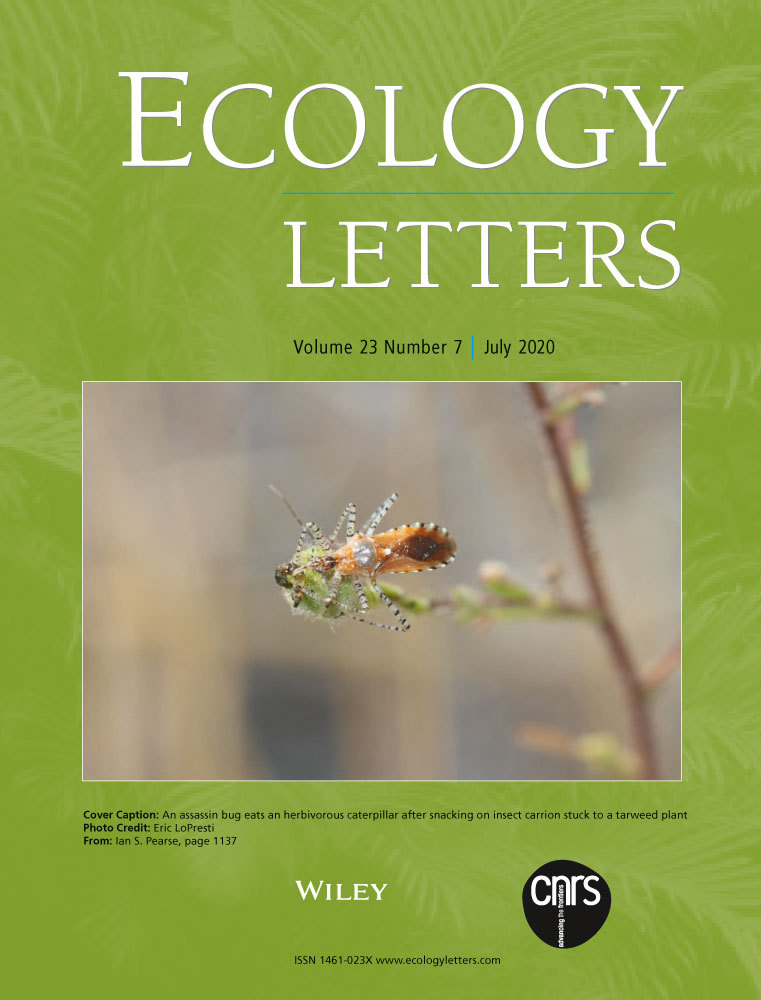
Eco-Evolutionary Interactions With Multiple Evolving Species Reveal Both Antagonistic and Additive Effects
The authors investigated the ecological effects of evolution of multiple zooplankton species of their community dynamics. The study highlights that species differ in their evolution-mediated ecological effects and showcases that using the evolutionary effects on ecology of single species to predict multiple species' effects may lead to unreliable predictions.
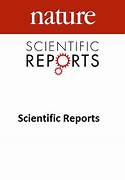
Exposure to Pseudomonas spp. increases Anopheles gambiae insecticide resistance in a host- dependent manner
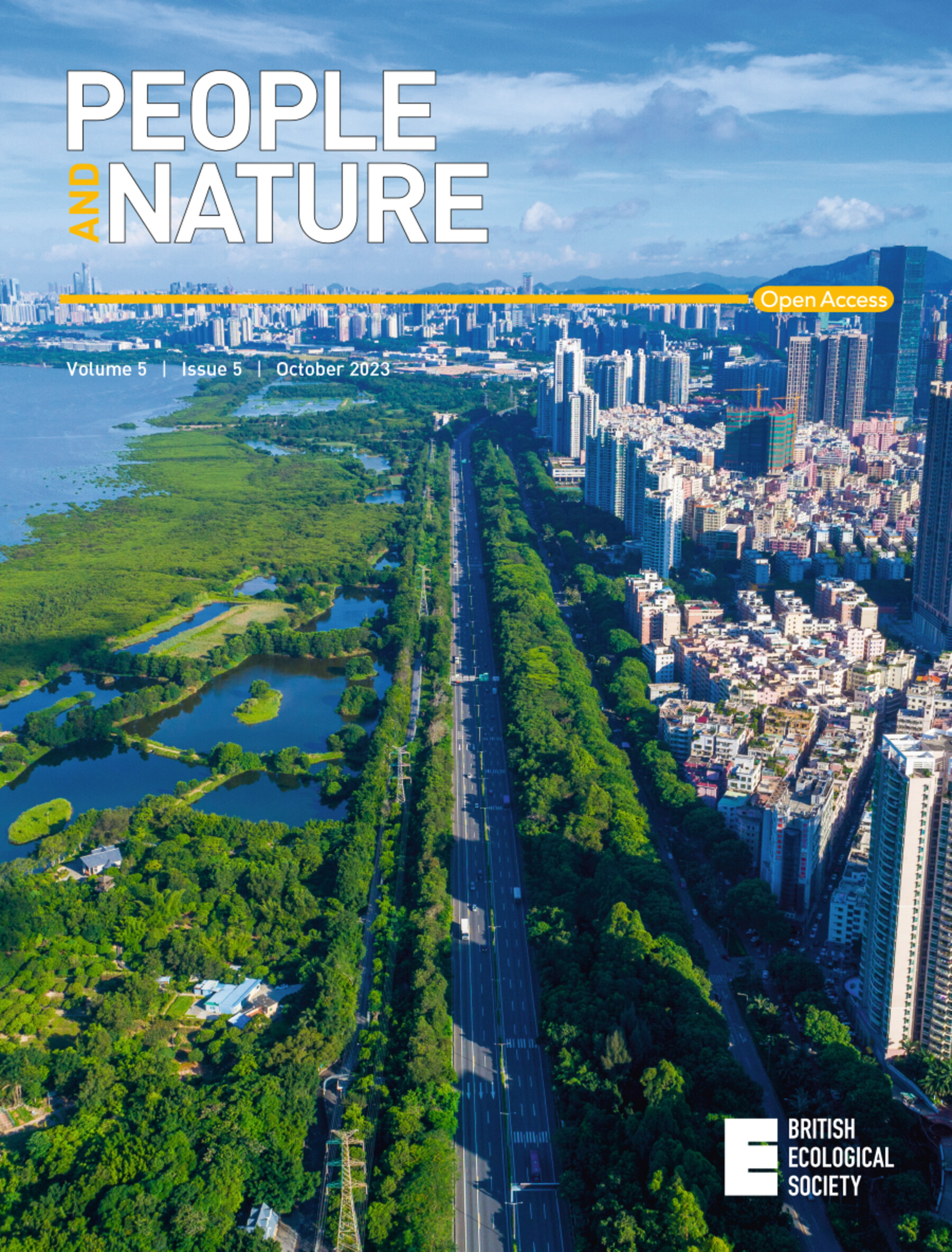
The frequent five: Insights from interviews with urban wildlife professionals in Germany
The authors interviewed 36 urban wildlife professionals in 4 large cities in Germany. Red foxes, wild boars, raccoons, stone martens and Eurasian beavers were the five mammal species most frequently highlighted in interviews to cause human-wildlife conflicts. The interviewees emphasized the need to create refuges for beavers and better inform the public about foxes.

Differential survival and feeding rates of three commonly traded gastropods across salinities
This study investigates the establishment and impact risks posed by three readily available, traded snail species – Melanoides tuberculata, Tarebia granifera and Anentome helena – by assessing their survival and feeding responses across a spectrum of salinity levels.
